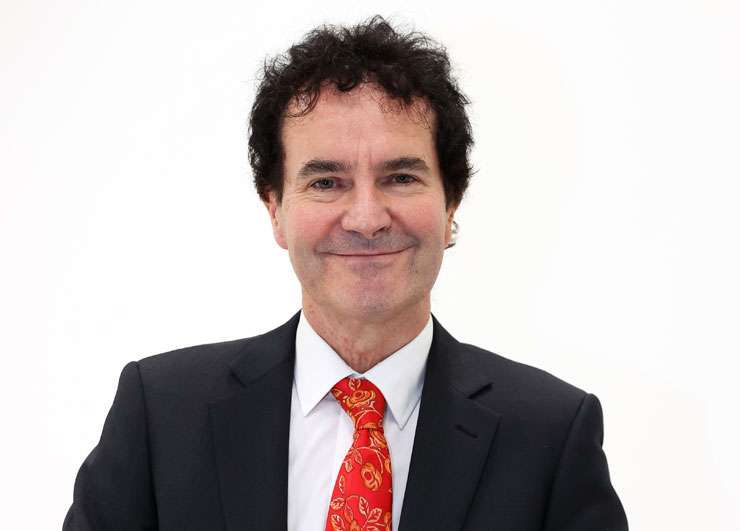The weakest period for New Zealand’s housing market following the March 23 tax announcement was over April and May. That is when real estate agents were seeing the greatest withdrawals of investors and first home buyers in response to the changes, and the monthly pace of house price rises was at its weakest.
But since then things have picked up anew, and we headed into lockdown on August 18 with the market gaining a new lease on life. Nationwide, average property prices using REINZ’s monthly gauge increased 0.5% in April, 0.8% in May, 1.0% in June, 2.4% in July, and 2.0% in August.
In Auckland the monthly changes since April have been -0.3% then 0.4%, 0.6% in June, 3.3% in July, and 2.3% last month.
What’s likely to happen when Auckland comes out of lockdown? We’ll probably see a new wave of people seeking to buy property, driven by awareness of what happened when the last nationwide lockdown ended in May last year. Prices have soared 37% nationwide since then with Auckland ahead by 34%.
Start your property search
But will the same prices growth happen? No. Interest rates back then were cut 0.75%. Now they’ll likely rise 0.75% between October 6 and February 23 with another 1% after that in 2022 and more probably in 2023.
Net immigration soared back then. Now, we Kiwis are being actively courted by Aussie recruitment firms offering high wages, we’ve got two years worth of OE to catch up on, and those who have stayed in NZ riding out the pandemic will head back offshore. The chances are good that net migration flows will turn negative in 2022.
Back in 2020 we saw people who had been planning to travel offshore reallocate some of their usual near $10bn spending to other things, including housing. This time we are steadily building up our expectations of the borders reopening in a managed fashion early in 2022, so will be diverting money back the other way.
We can in fact gain some insight into the role played by last year’s spending diversion with reference to a survey I just conducted of my subscribers. More than 1500 people responded with information when asked what they did with money they had been planning to spend on foreign travel but were unable to.
Twenty-six percent went into home renovations and 20% into domestic travel. Eighteen percent went into savings, 12% new cars and a few motorbikes, 11% into reducing mortgages and other debt, and 6% into new furniture and appliances.
Five percent was put towards purchasing investment property, 4% towards a new house, and 2% towards a holiday home. In other words, about 11% went directly into the housing market. Going forward, not only will that 11% not be there, but with travelling to be caught up on there will be active diversion of money away from property purchasing.

Tony Alexander: “We’ll probably see a new wave of people seeking to buy property.” Photo / Fiona Goodall
Will this diversion of spending seriously dent the housing markets around New Zealand? Not really. But when taken alongside interest rates sitting about 1.5% - 2% higher in a year’s time than they are now, possible net migration outflows, house construction in Auckland running at almost twice long-term levels as a proportion of population, new rules on lending to investors likely to come from the Reserve Bank, and potentially new regulations from the government, things are going to change.
By the time we get to the end of next year the pace of house price growth is likely to be substantially less than the 28% gain recorded in Auckland this past year and 34% gain recorded for the rest of the country.
- Tony Alexander is an economics commentator and former chief economist for BNZ. Additional commentary from him can be found at www.tonyalexander.nz














































































